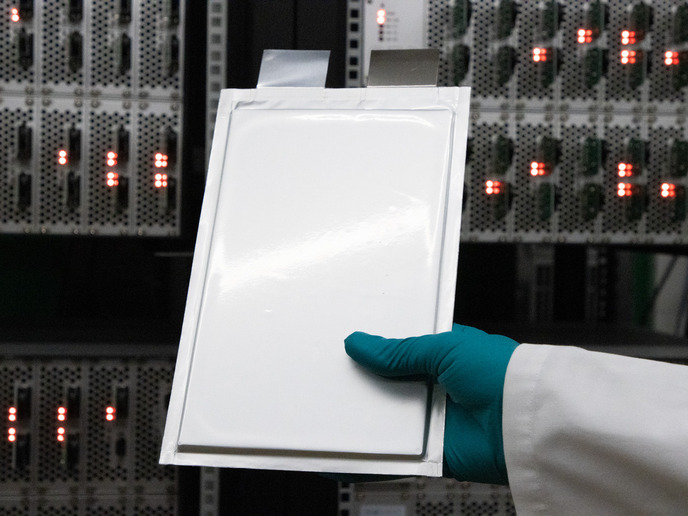Making electric vehicle batteries with no cobalt a reality
Spain has gained its first large-format cobalt-free lithium-ion battery for electric vehicles. Developed by the Catalonia Institute for Energy Research (IREC) together with CIDETEC Energy Storage, Spain, and another 17 European partners, the battery prototype is the result of research conducted as part of the EU-funded COBRA project.
Eliminating cobalt
A major achievement of the prototype is that no cobalt has been used in its manufacturing process. Although a critical raw material in lithium-ion electric vehicle batteries, cobalt is highly toxic, harmful to the environment, costly, and has notoriously volatile prices due to supply chain disruptions and geopolitical factors. Cobalt mining has also raised ethical concerns as a result of human rights abuses and unsafe working conditions, especially in the Democratic Republic of Congo, the world’s largest cobalt producer that accounts for over 70 % of global output. “Cobalt makes batteries work with greater durability and faster charging cycles,” states senior researcher Jordi Jacas of COBRA project coordinator IREC in a recent press release. Jacas describes the effort to replace this “expensive, toxic metal dependent on African countries” as a “very big” challenge. COBRA’s focus on developing a cobalt-free cathode composition is paving the way for future batteries that will be “fully competitive at market level.” The battery prototype – now in the pre-commercial phase – is rated between levels 5 and 6 on the technology readiness level (TRL scale) in terms of technological maturity. TRL 5 technologies have been validated and TRL 6 technologies demonstrated in an industrially relevant environment. TRL 9 is attained when the technology is proven in an operational environment. As Iratxe de Meatza, a team leader at CIDETEC Energy Storage, remarked in the COBRA press release, the project’s achievement has facilitated the transition of cobalt-free cathode materials “from the laboratory to semi-industrial sized cells.” This transition makes it possible to analyse performance “under more realistic conditions,” with the aim of improving the prototype’s “charging power and cyclability.”
Enhanced sustainability, safety and efficiency
The research conducted to optimise each of the battery’s components resulted in the discovery of new electrode formulations using “recycled silicon from photovoltaic panels.” This aligns the prototype’s technology with European recycling and sustainability targets. According to the head of the project at IREC, the team is already achieving a recycling rate “of between 90 and 95% for the components that make up the cell.” At the same time, the partners are also enhancing the entire value chain’s safety levels by improving the components, electrochemical cells, control systems equipped with sensors and the final assembly of the battery pack. Additionally, a new control system with wireless communication, advanced sensors and sophisticated algorithms is being integrated to improve the battery’s safety and efficiency. The COBRA (CObalt-free Batteries for FutuRe Automotive Applications) project’s battery prototype is expected to reach market level in the medium term. For more information, please see: COBRA project website
Keywords
COBRA, cobalt, lithium, lithium-ion, battery, electric vehicle, electric vehicle battery



